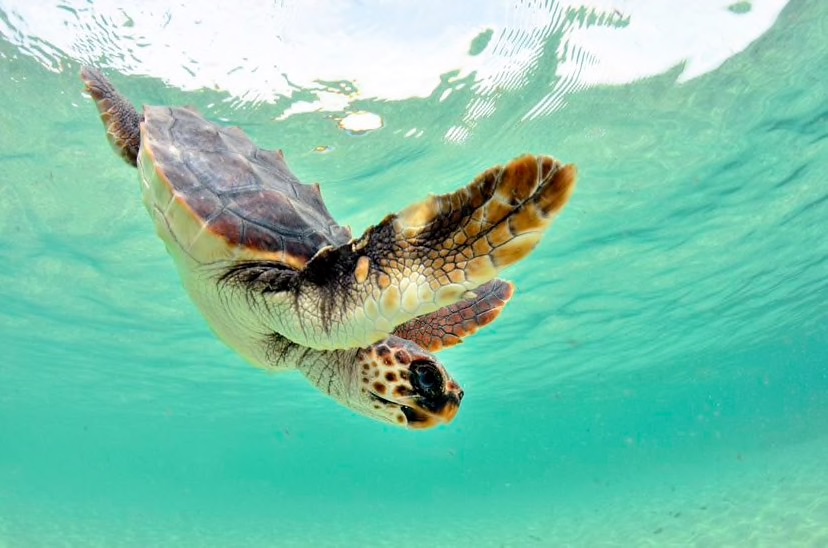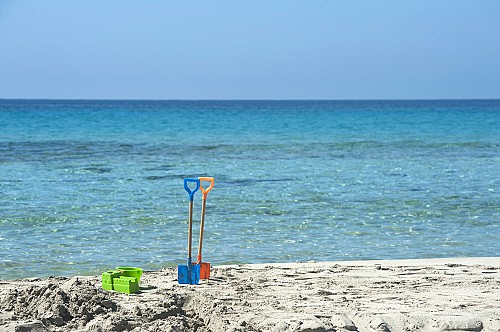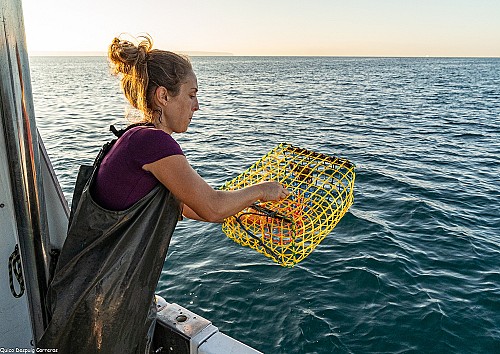The month of April has been intense. We’ve heard so much news relevant to the future of the Balearic Sea. The Government has approved the first Recovery Plan, and we celebrated the 30th birthday of the declaration of Cabrera as a National Park. All this good news contrasts with the strong political polarisation the country is experiencing — and which, unfortunately, also affects the sea. There have been negative developments too: The trawler fleet raising its voice against Brussels and fishing-management plans for the Mediterranean; recreational fishermen criticising professionals and marine reserves; and the court ruling on Posidonia being misinterpreted, with knee jerk media coverage wrongly implying that the fining system had been invalidated. Although fishermen and sailors raise some valid points, the truth is often drowned out in a tide of disinformation and the noise that goes with it.
Listening to everyone, establishing a constructive dialogue with all sectors involved andseeking solutions and consensus are all essential in order to improve the Balearic Sea, as we've been doing since day one. But dialogue must be based upon objective information, and we must always respect scientific evidence. The publication of the Balearic Sea Report — with more than 150 indicators, contributed by researchers and technicians from the main Balearic institutions — is a tool that can help us avoid disinformation that benefits no one. Only with objective data and calm conversation can we make progress in the conservation of the Balearic Sea. We all have a collective responsibility towards making this possible: from professional and recreational fishermen to sailors; and, of course, every citizen who enjoys the sea and benefits from it.
Continue reading the newsletter





